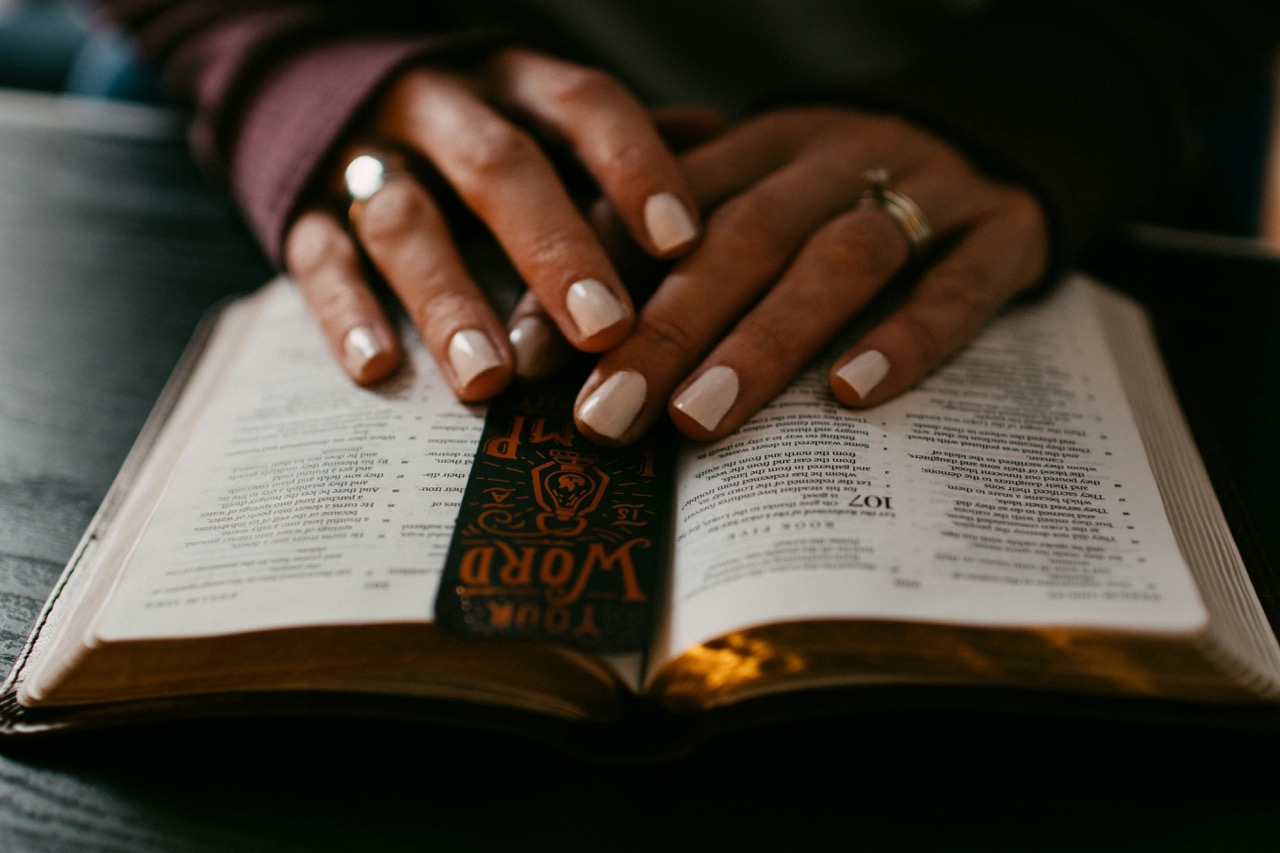The Tale of Jacob and Esau: Rivalry in God’s Design

The story of Jacob and Esau is one steeped in conflict, familial tension, and divine purpose. Found in the book of Genesis, this biblical narrative unveils the complexities of sibling rivalry and the intricate designs of God’s will. Esau, the rugged and impulsive elder brother, and Jacob, the cunning and contemplative younger brother, become archetypes for conflict and reconciliation, showcasing how deeply intertwined human choices are with divine plans. Their story not only has shaped the narrative of the Israelites but continues to resonate in the hearts of believers, revealing lessons about identity, grace, and the often-turbulent paths of destiny.
The Birth of Rivals: Jacob and Esau’s Unexpected Start
The tale begins in the womb of Rebekah, where the two brothers struggled against one another, foreshadowing the tumultuous relationship that would define their lives. The discomfort that Rebekah experienced prompted her to seek divine guidance, leading to a prophetic revelation that the older son would serve the younger. This oracle set the stage for a life marked by rivalry. Esau emerged first, his red, hairy body earning him the nickname "Edom," while Jacob followed, grasping his brother’s heel — a symbol of his struggle for supremacy right from the start.
As they grew, their differences became starkly apparent. Esau, a skilled hunter, embodied the traits of a vigorous outdoorsman, often seeking the thrill of the chase. In contrast, Jacob preferred the quiet of the tents, demonstrating a penchant for domestic life and intellectual pursuits. Their contrasting personalities and interests created a divide that would widen as they transitioned into adulthood. The stage was set: the brothers were not merely children of the same parents, but rivals vying for their father’s favor, a dynamic that would come to define their relationship.
This foundational rivalry extended beyond mere sibling competition; it was steeped in cultural and spiritual significance. In ancient Israel, the birthright and the father’s blessing held immense value, often determining the course of familial legacy and inheritance. The struggle between Jacob and Esau can thus be seen as a microcosm of larger themes of identity, family, and destiny, encapsulating the essence of human struggle within the framework of divine intention.
A Clash of Wills: The Struggle for a Father’s Blessing
The narrative intensifies when Jacob seizes an opportunity to manipulate the birthright from his brother. One day, upon returning from a long day of hunting, Esau was famished and vulnerable. Jacob, ever the opportunist, offered him a bowl of stew in exchange for his birthright. In a moment of weakness, Esau consented, valuing immediate satisfaction over the future blessings he was entitled to. This transaction highlights the profound implications of choice, underscoring how impulsiveness can lead to irrevocable consequences. The act not only deepened the rift between the brothers but also established Jacob as a figure who would pursue his desires with determination, albeit through questionable means.
The tension escalated further as Isaac, their father, aged and blind, planned to confer his final blessing. Rebekah, aware of the prophetic words spoken to her, orchestrated a scheme to ensure Jacob received the blessing instead of Esau. With disguises and deception, Jacob approached his father, claiming to be Esau. Isaac, despite his reservations, was ultimately fooled and bestowed upon Jacob the blessings meant for his elder son. This act of deception further solidified Jacob’s position but came at the cost of familial trust and harmony, showcasing the destructive power of rivalry when it is entwined with ambition.
Esau’s reaction to the betrayal was one of devastating grief and rage. Upon discovering the deception, he cried out with a bitter lament, pleading for his father’s blessing, only to be met with the painful realization that Jacob had taken it all. Isaac’s response was equally tragic; he offered a consolation blessing, but it lacked the weight and significance of the original. This moment serves as a powerful reminder of the fragility of relationships and the far-reaching consequences of our choices, trapped in a cycle of rivalry that would shape not only their lives but also the destiny of their descendants.
Deception and Redemption: The Turning Points of Their Lives
The aftermath of Jacob’s theft of the blessing led to deep-seated animosity, forcing him to flee for his life. Jacob’s journey to his uncle Laban’s house marked a significant turning point in his life. Here, amidst the challenges of working for his uncle, he encountered trials that would refine his character and deepen his reliance on God. This period of learning and growth was crucial, as Jacob faced deception from Laban that mirrored his own earlier actions. Through his struggles, Jacob would eventually come to terms with his own identity and the consequences of his actions, setting the stage for personal transformation.
Years passed, and as Jacob prepared to return to his homeland, he was filled with dread at the thought of facing Esau once more. With a family of his own and a wealth amassed through years of hard work, Jacob understood that reconciliation was necessary. Before their encounter, Jacob wrestled with an unknown figure through the night, an event that would forever change him. This struggle was both physical and spiritual, culminating in Jacob receiving a new name, Israel, signifying his transformation and the divine approval of his journey. This moment of wrestling encapsulates the theme of struggle inherent in the human experience, as Jacob grappled not only with his brother but also with his own identity and God’s will.
When Jacob and Esau finally met, the anticipated conflict gave way to a surprising and poignant reconciliation. Esau, despite the perceived wrongs, ran to Jacob and embraced him, demonstrating a grace that defied human expectations. This act of forgiveness exemplified the possibility of redemption, even amidst deep wounds and betrayal. The reunion served as a testimony to the power of grace in overcoming rivalry, revealing that the bonds of family, while fraught with conflict, can endure and heal over time. Their encounter marked a pivotal moment where past grievances were set aside, illustrating a path toward reconciliation that still resonates with those seeking healing in their own relationships.
A Legacy Forged in Rivalry: The Brothers’ Enduring Impact
The story of Jacob and Esau extends far beyond their individual lives, impacting the lineage of two nations: Israel and Edom. Jacob became the father of the twelve tribes of Israel, who would inherit the covenant promises of God, while Esau’s descendants formed the Edomites, a significant group in biblical history. The implications of their rivalry rippled through generations, illustrating how sibling conflict can have far-reaching effects that transcend individual lives. The struggle for identity, blessing, and favor continued to echo in the lives of their descendants, who would often find themselves at odds.
Moreover, the narrative serves as a theological reflection on God’s sovereignty and the complexities of human agency. The rivalry between Jacob and Esau challenges readers to ponder the intricacies of divine predestination and the choices of individuals. Despite Jacob’s deceptive actions, God’s purpose prevailed, ultimately working through the flawed humanity of both brothers to fulfill His promises. This paradox invites believers to grapple with the nature of grace, the unfolding of God’s plans, and the redemptive potential inherent in reconciliation, even amidst the scars of rivalry.
In modern contexts, the tale of Jacob and Esau resonates with themes of forgiveness, redemption, and the healing of fractured relationships. It serves as a reminder that rivalry can lead not only to discord but also to transformation and growth. The enduring legacy of these brothers encourages individuals to seek reconciliation, embrace their identities, and recognize the hand of God at work in their lives. As their story unfolds in the annals of biblical history, it continues to inspire those navigating the complexities of familial bonds and the quest for identity.
The tale of Jacob and Esau is a profound exploration of rivalry, deception, and redemption, set within the framework of divine design. Their lives, steeped in conflict, ultimately reveal the power of grace and the possibility of reconciliation. As we reflect on their journey, we are reminded of the complexities of human relationships and the enduring impact of our choices. The story encourages us not only to embrace our identities but also to seek healing in our own struggles, echoing an eternal truth: that even in rivalry, there lies the potential for redemption and profound transformation.




